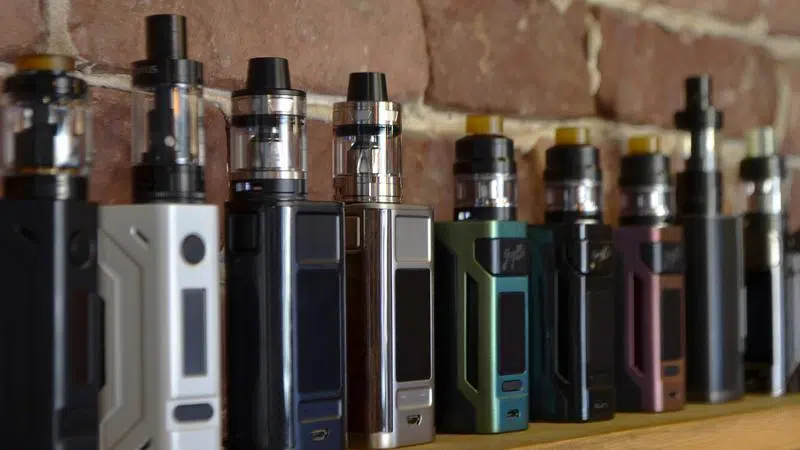
Local agencies react to vaping concerns
MEDICINE HAT, AB — The conversation around vaping has blown up around North America in recent months, raising concerns about fatal illnesses, and the number of youth who use the devices.
Roughly 500 Americans have gotten sick, with eight losing their lives.
A teenager in Ontario who’s now recovered was on life support.

